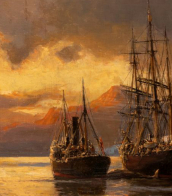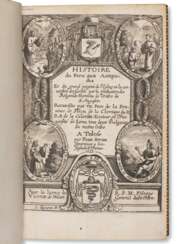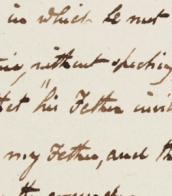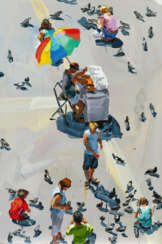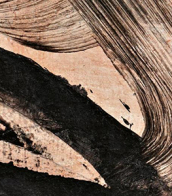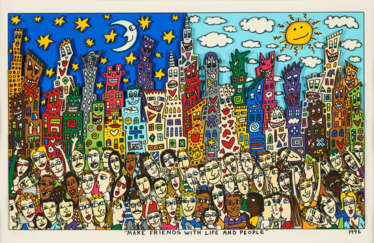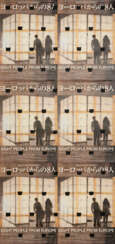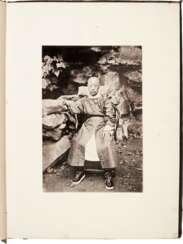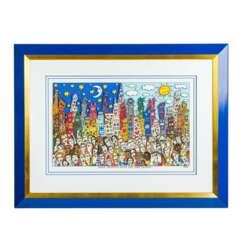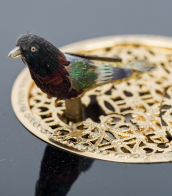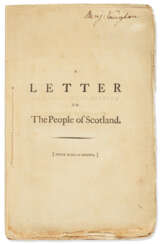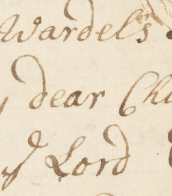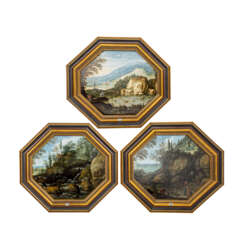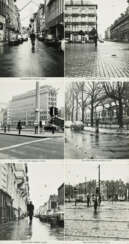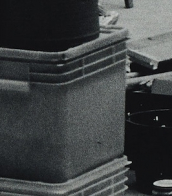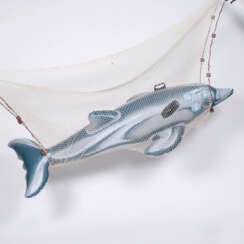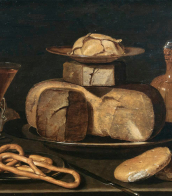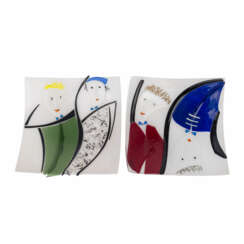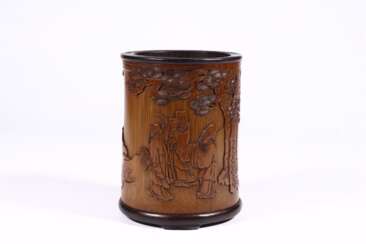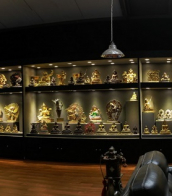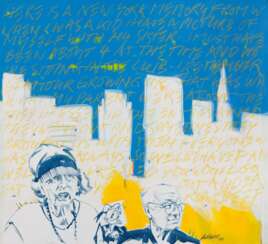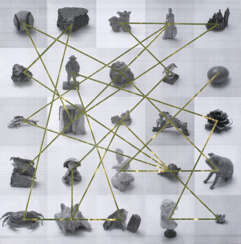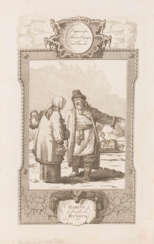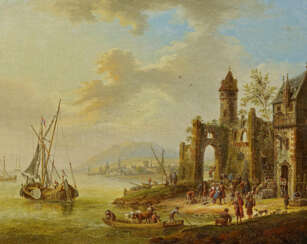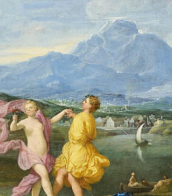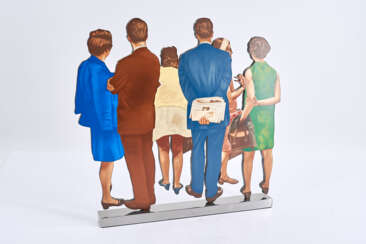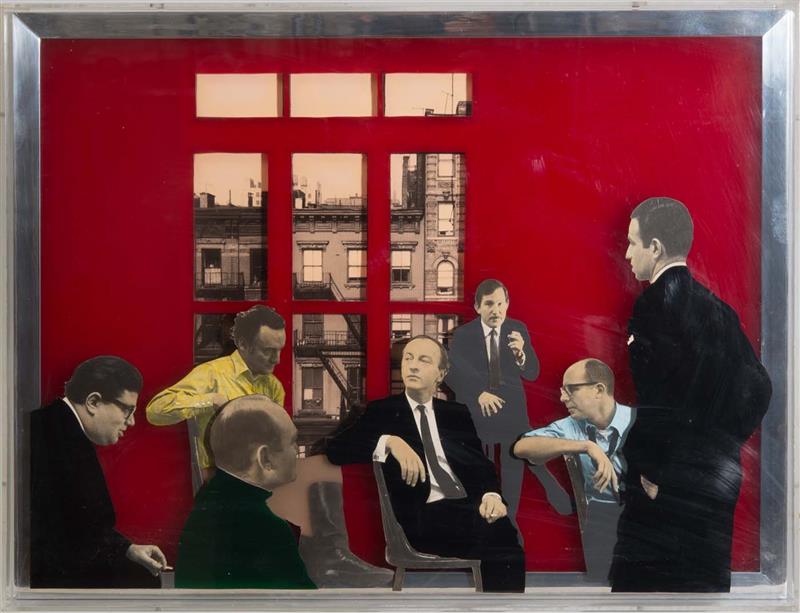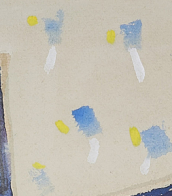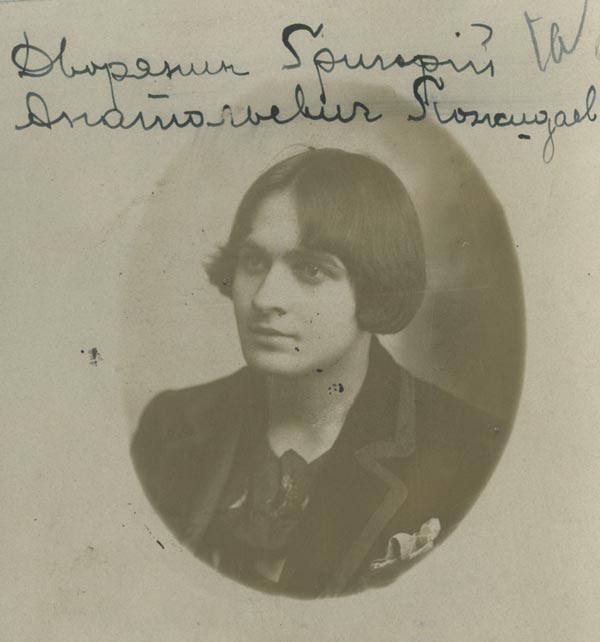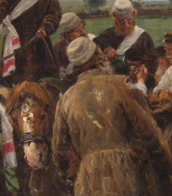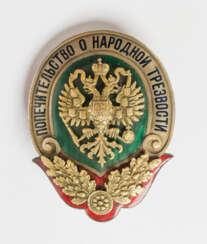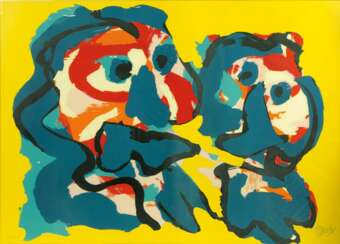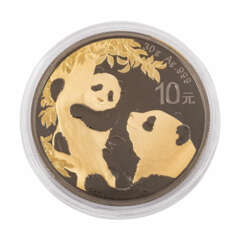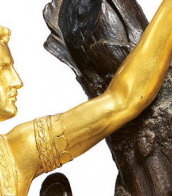people
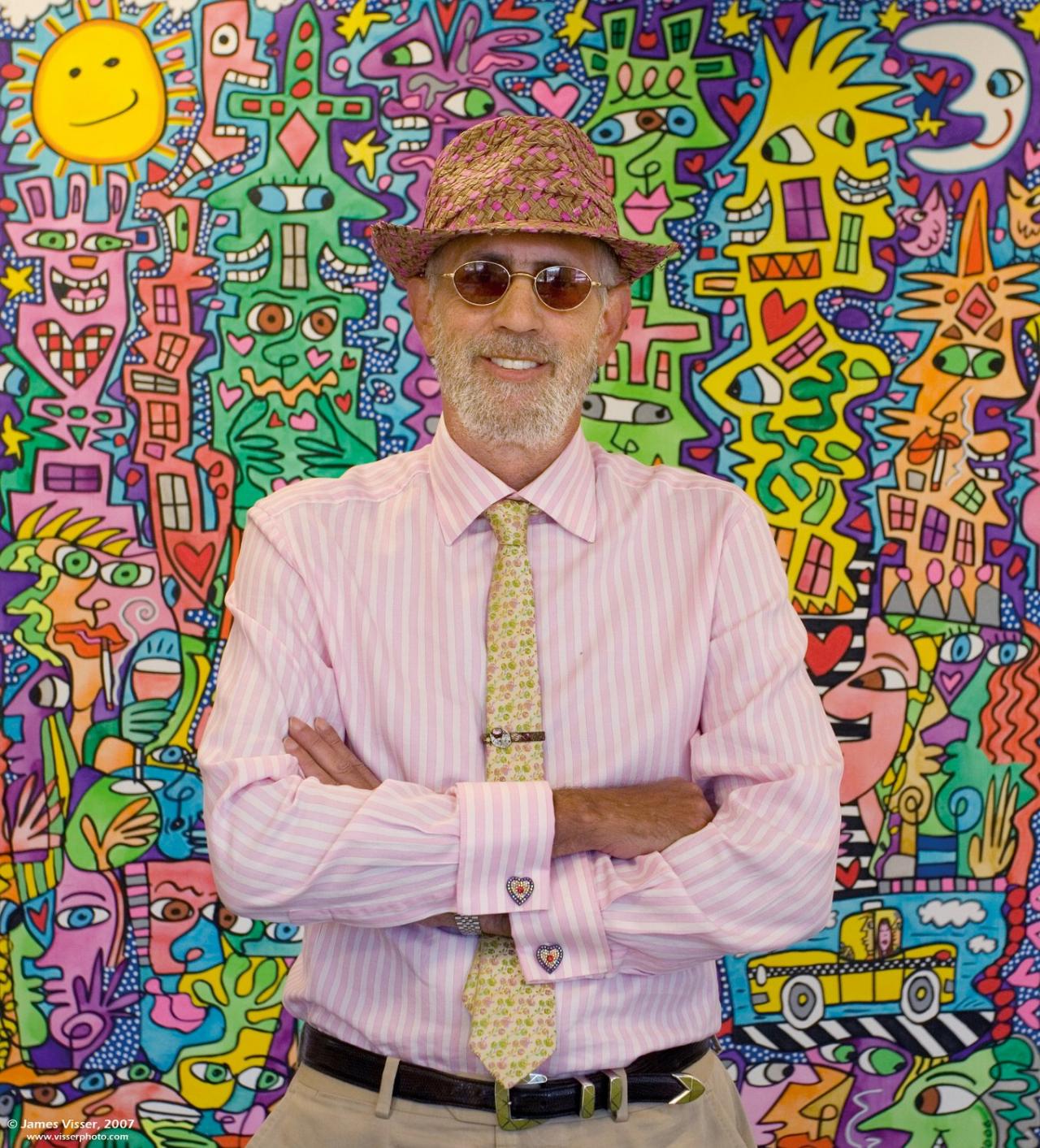
James Rizzi was a renowned American artist, celebrated for his vibrant and playful Pop Art style. Born in Brooklyn, New York, Rizzi's unique approach to art combined childlike whimsy with bold, animated creations. His 3D artworks, characterized by their intricate detail and lively city scenes, set him apart in the art world.
James Rizzi's artistic journey was marked by a series of notable achievements and contributions. He gained recognition in the late 1970s and early 1980s, showcasing his works at prestigious venues like the Brooklyn Museum and creating album covers and animations for the Tom Tom Club. His style evolved into creating 3D constructions, where he meticulously sketched scenes, added vibrant colors, and transformed them into three-dimensional art pieces. This method resulted in captivating prints that exuded a sense of movement and playfulness, drawing viewers into the energetic and diverse atmosphere of New York City.
Throughout his career, James Rizzi undertook various notable projects, including designing for the Montreux Jazz Festival, the FIFA World Cup, and the Olympics. His works were not only limited to canvases but also extended to designing cars for Volkswagen and contributing to charity projects. The "Happy Rizzi House" in Braunschweig, Germany, stands as a testament to his architectural creativity.
Art enthusiasts and collectors will find James Rizzi's work particularly intriguing due to his unique process and the joyous portrayal of urban life. His art is celebrated globally, and his influence remains significant in the Pop Art movement.
If you are a collector or an expert in art and antiques, and James Rizzi's work intrigues you, sign up for updates. Stay informed about new product sales and auction events related to James Rizzi without any pompous flair. Just the essential information, directly to your inbox.



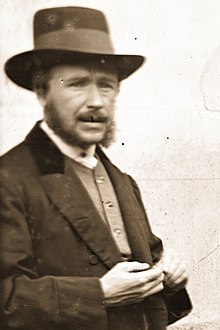
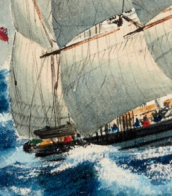
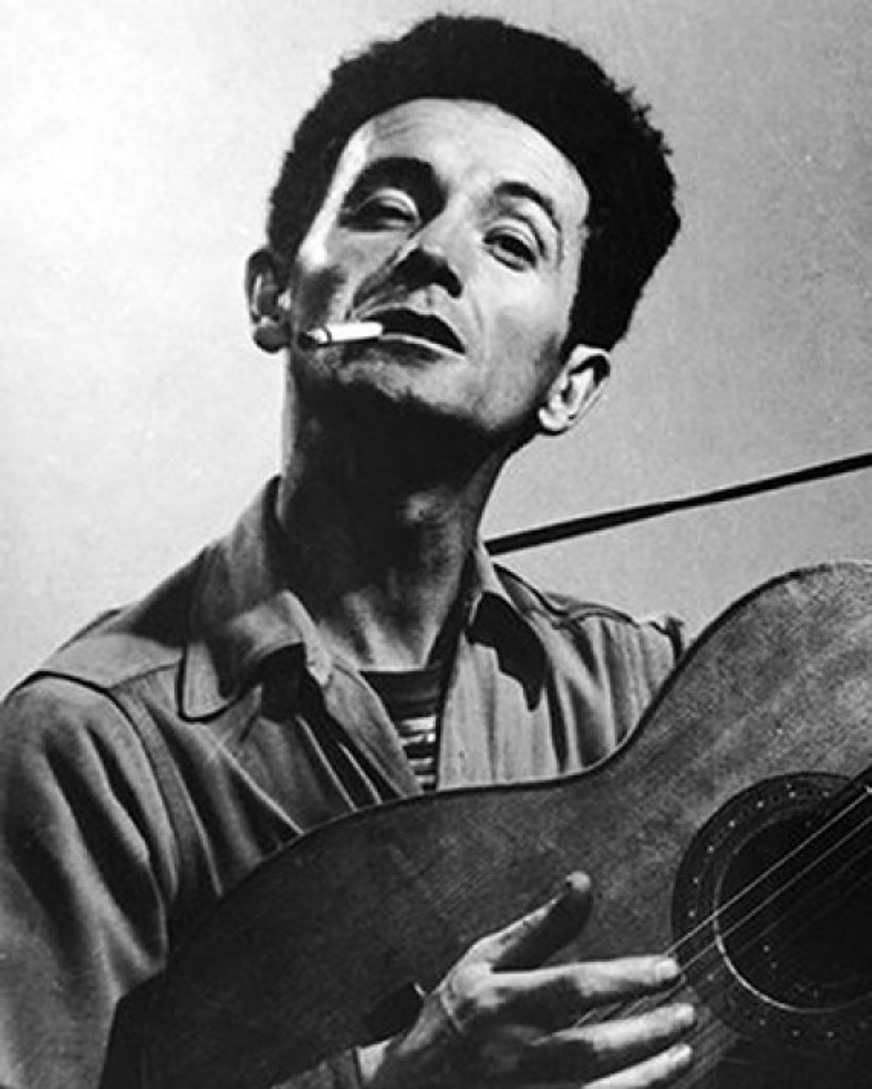
Woodrow Wilson Guthrie or Woody Guthrie is an American folk and country singer and musician.
Guthrie was born in difficult economic times in the United States. At first, he earned a living as a sign painter in different cities, traveling by hitchhiking. At the age of 20, he began learning to play guitar, playing in saloons and labor camps during the Great Depression. In his travels, the musician absorbed and performed many of the old folk ballads he heard around him and wrote many new songs reflecting the everyday joys and hardships of the ordinary people he met in his travels.
Guthrie was a major influence on folk and rock musicians from Bob Dylan to Wilco. Among Guthrie's best-known songs are Pastures of Plenty, Bound for Glory, and This Land is Your Land, the latter of which, due to its popularity, has become something of an "alternative national anthem" in the United States. In 1940, he recorded four hours of songs and stories for the Archive of American Folk Song at the Library of Congress (now the Archive of Folk Culture, American Folklife Center). Throughout the 1940s and 1950s, Guthrie had a high-profile career in radio broadcasting and recording.
Woody was a very prolific composer, writing thousands of songs. He also wrote an autobiographical novel, On the Road to Fame, and drew thousands of pen and ink drawings, many of which are now in the Ralph Rinzler Center's Folklife Archives and Collections.
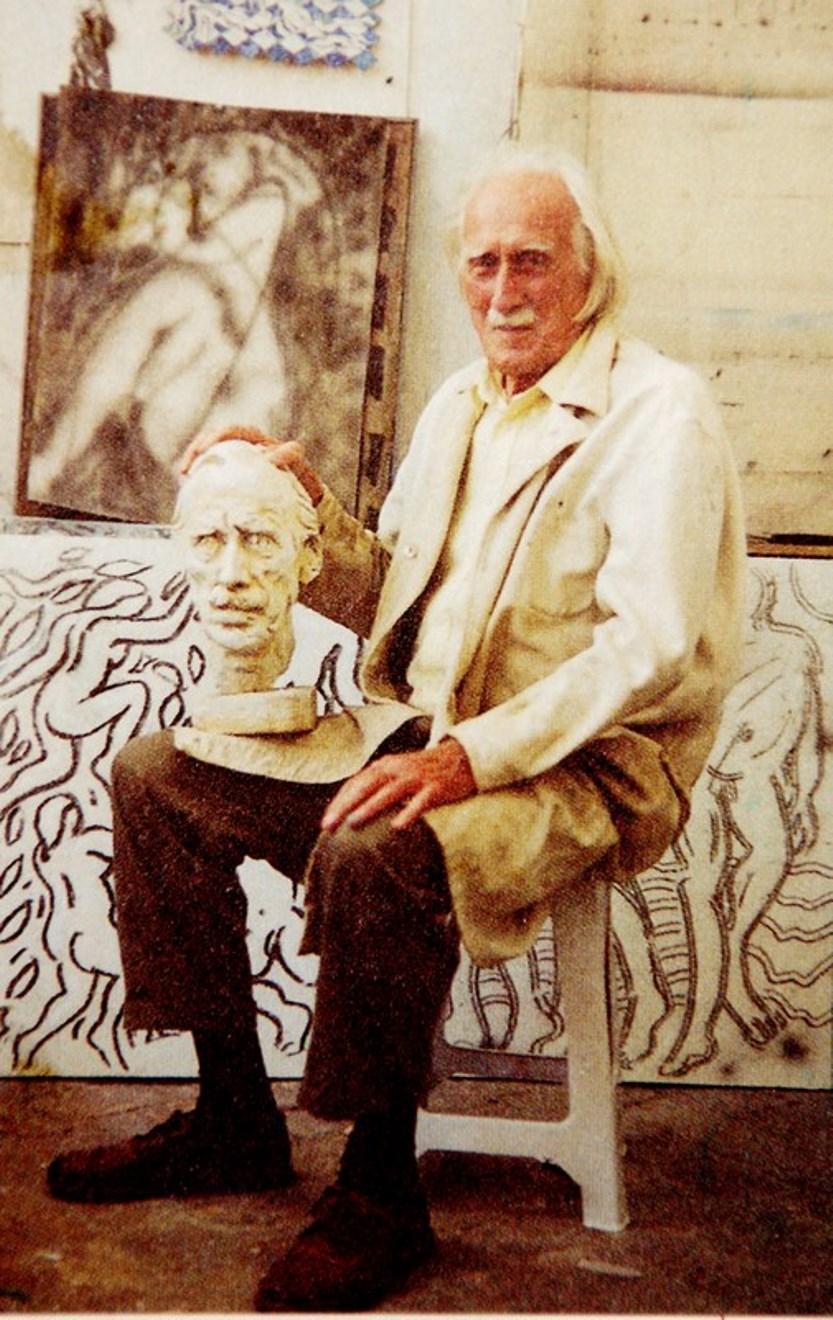
Harold Ambellan is an American painter and sculptor.
He studied sculpture and fine art in Buffalo before moving to New York City. The human figure is central to Harold Ambellan's work. He created monumental figures and drew extensively, leaving thousands of drawings. Ambellan was one of the participants in Roosevelt's Federal Art Project, which hired hundreds of artists during the Great Depression who collectively created more than 100,000 paintings and over 18,000 sculptures.
Ambellan remained committed to figuration in both his sculpture and painting. He was elected president of the Sculptors Guild of America in 1941, and that same year his work was exhibited in group shows at the Metropolitan Museum of Art in New York and the Academy of Fine Arts in Philadelphia.
In 1944, Ambellan participated in the liberation of Normandy as part of the U.S. Navy, then taught three-dimensional art at the Workshop School in New York City. In 1954, for political reasons, Ambellan moved to France and remained there for the rest of his life, working and exhibiting throughout Europe.

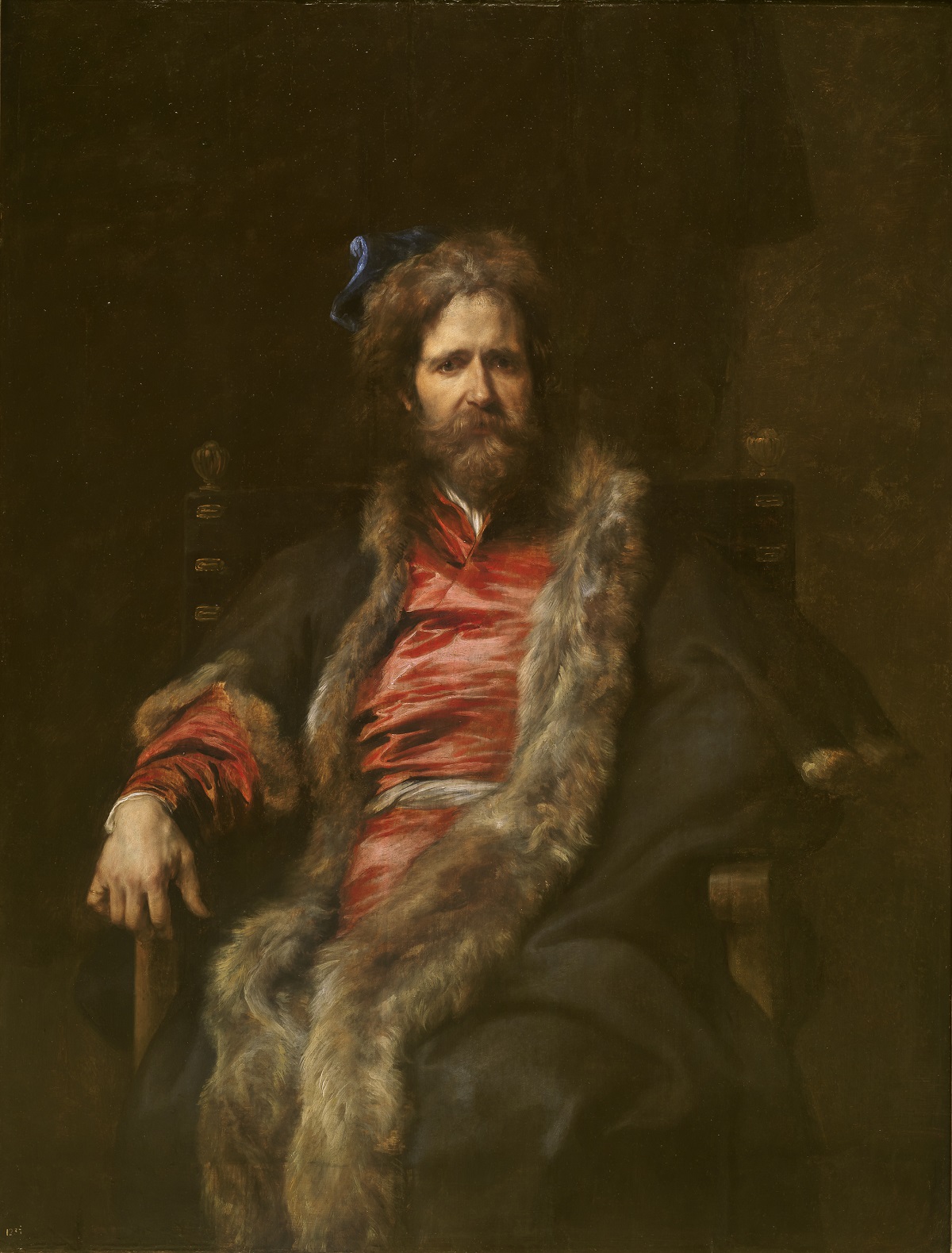
Marten Rijckaert was a Flemish Baroque painter, famous for his landscapes in the Italian manner.
Marten Rijckaert was a pupil of Tobias Verhacht. He was registered as a master at the Antwerp Guild of St Luke's in 1607. Reikart was a close friend of Antonis van Dyck.
His work is characterised by rocky forest landscapes, often with waterfalls, ruins and architecture. These Italian landscapes are close to the works of Flemish painter Paul Brill, and the panoramic concept of his compositions owes a debt to the works of Jan Brueghel the Elder.
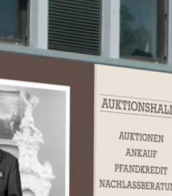
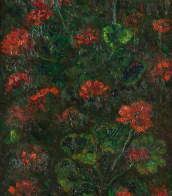
.jpg)
Christiaan Karel Appel was a Dutch painter, sculptor, and poet. He started painting at the age of fourteen and studied at the Rijksakademie in Amsterdam in the 1940s. He was one of the founders of the avant-garde movement CoBrA in 1948. He was also an avid sculptor and has had works featured in MoMA and other museums worldwide.
